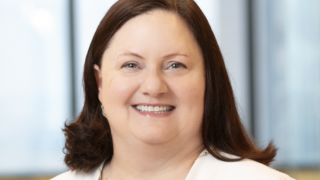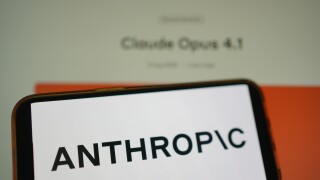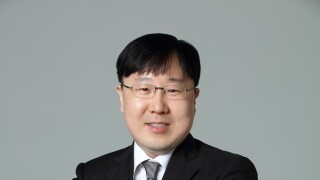Firm
Molly Kocialski, who has joined Holland & Hart after nearly a decade as a USPTO regional director, discusses career shifts, resilience, and overcoming casual sexism
Brian Horne reveals how his team secured a favourable damages outcome in a patent and trade secrets case involving X-ray technology
The five-partner team enhances Sheppard Mullin’s technology and life sciences capabilities, expanding its IP practice to more than 130 practitioners
Benjamin Grzimek, partner at Casalonga’s new Düsseldorf office, believes the firm is well-placed to challenge German UPC dominance
Sponsored
Sponsored
-
Sponsored by Sonn & PartnerBoth parties are owners of registered EU trademarks consisting of the letters MK in different designs, with the additional wording "illumination". The plaintiff, an Austrian company has a business concerned with decorative illuminations in Austria and abroad. The defendant, a Czech company, is selling, lending, delivering and installing decorative illuminations and illuminated commercial signs. The defendant's EU registration is younger than that of the plaintiff.
-
Sponsored by Hanol IP & LawPrecision medicine, also known as personalised medicine, is an emerging field in healthcare and seems to have a promising future as it accounts for 42% of new molecular entities which the Food and Drug Administration (FDA) approved in 2018. Since precision medicine aims to provide bespoke medical treatments based on individual patient's characteristics, it essentially incorporates diagnosis and treatment methods. Under Korean patent law and practice, treatment and diagnosis methods are not considered patent eligible subject matter. As such, it is necessary to circumvent restrictive eligibility requirements to obtain protection for precision medicines in Korea. In the past, although precision medicines can be pursued as a pharmaceutical/diagnostic composition claim, it was not easy to claim methodological aspects of precision medicines (e.g. dosage regimen) which were not considered as technical features constituting composition itself (Supreme Court decisions 2007Hu2926 and 2007Hu2933, rendered on May 28 2009).
-
Sponsored by OLIVARESThe reform of August 10 2018 to the Mexican Industrial Property Law substantially changed the Mexican trademark landscape. Among the most relevant changes brought by this legislative reform, particularly the acceptance on behalf of the Mexican Institute of Industrial Property (IMPI) of non-conventional trademark applications – such as smell and sound trademarks – positions Mexico today at the forefront of innovation.
-
Sponsored by Sonn & PartnerThe opponent in the case discussed in this article has owned the word mark SEVEN since 2009 and the word and design mark 7seven in a fancy script since 2014. He opposed the registration of the word mark ROOM SEVEN. All these marks were registered for identical goods in international Class 18 (bags). Among other reasons, the defendant stated that the word mark SEVEN was not used during the last five years and that he has used the mark ROOM SEVEN since 1995 in several European countries including Austria without problems. This conflict has already led to decisions in several countries. For example, the Cour d'appel de Paris did not see any danger of confusion in its decision of September 26 2017 since ROOM SEVEN will be seen by consumers as a combination in which the word SEVEN has no particular importance.
-
Sponsored by OLIVARESA few days ago, a photograph of a bottle of Dutch tequila began circulating on the web. The creators of this product, which has not yet hit the market and probably never will, claim to have improved the taste of original tequila, based on Dutch gin, and now feel ready to enter the European market.
-
Sponsored by Daniel LawPerforming trademark clearance searches should always be the first step taken prior to filing a trademark application, as they are an effective way of preventing legal risks before launching a brand.




















